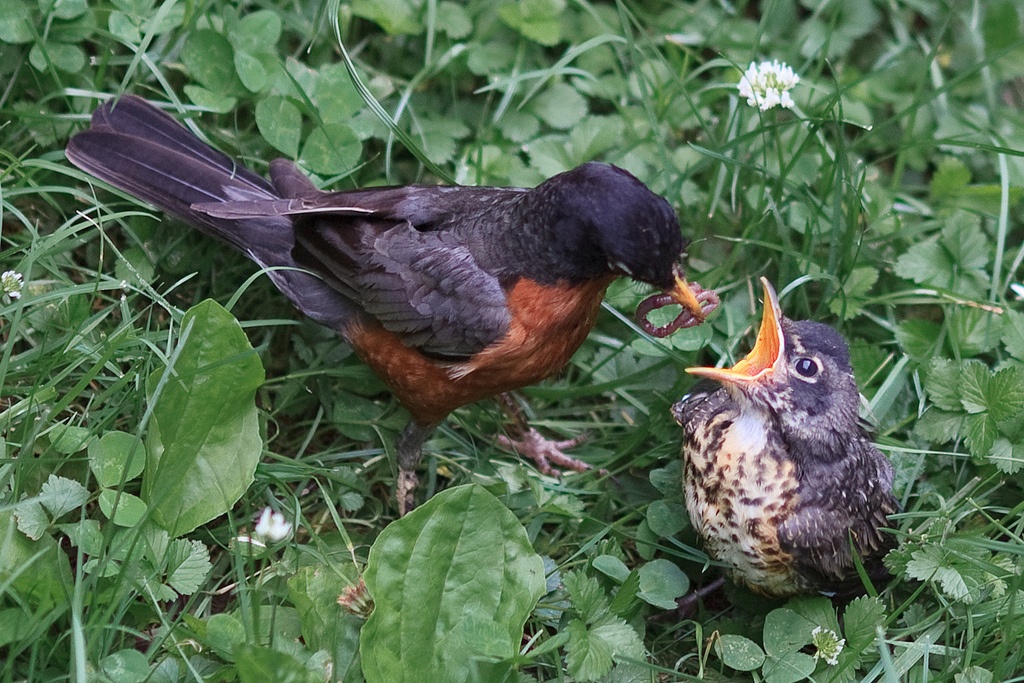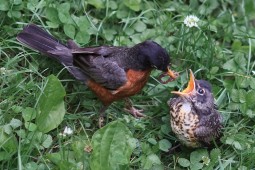Today is April Fools’ day, when jokes and pranks are played, sometimes among friends and family, sometimes on a more public scale. But why is there such a day for culturally-accepted foolishness? To delve into the origins and history of April Fools’ Day, we talk with Dr. Angus Kress Gillespie, folklorist and professor of American studies at Rutgers University.

You might find it shocking that scientists have a sense of humor, so we also talk with, Dr. Mike Lund from the NASA Exoplanet Science Institute at the Infrared Processing & Analysis Center / CalTech about the tradition among Astronomers to write and even review humorous research papers for April Fools’ day. These papers are often posted on the arXiv preprint server, and Dr. Lund, the author of several such papers, also is the editor of the Acta Prima Aprilia that shares some of those papers.
Producer and Host: Joel Parker
Additional contributions: Beth Bennett
Executive Producer: Joel Parker
Listen to the show here:
Podcast: Play in new window | Download (Duration: 27:00 — 37.1MB)
Subscribe: RSS





 The Science of Humor (start time: 14:32): Have you ever laughed at something you know you shouldn’t have? Like when someone you know falls down the stairs?
The Science of Humor (start time: 14:32): Have you ever laughed at something you know you shouldn’t have? Like when someone you know falls down the stairs?